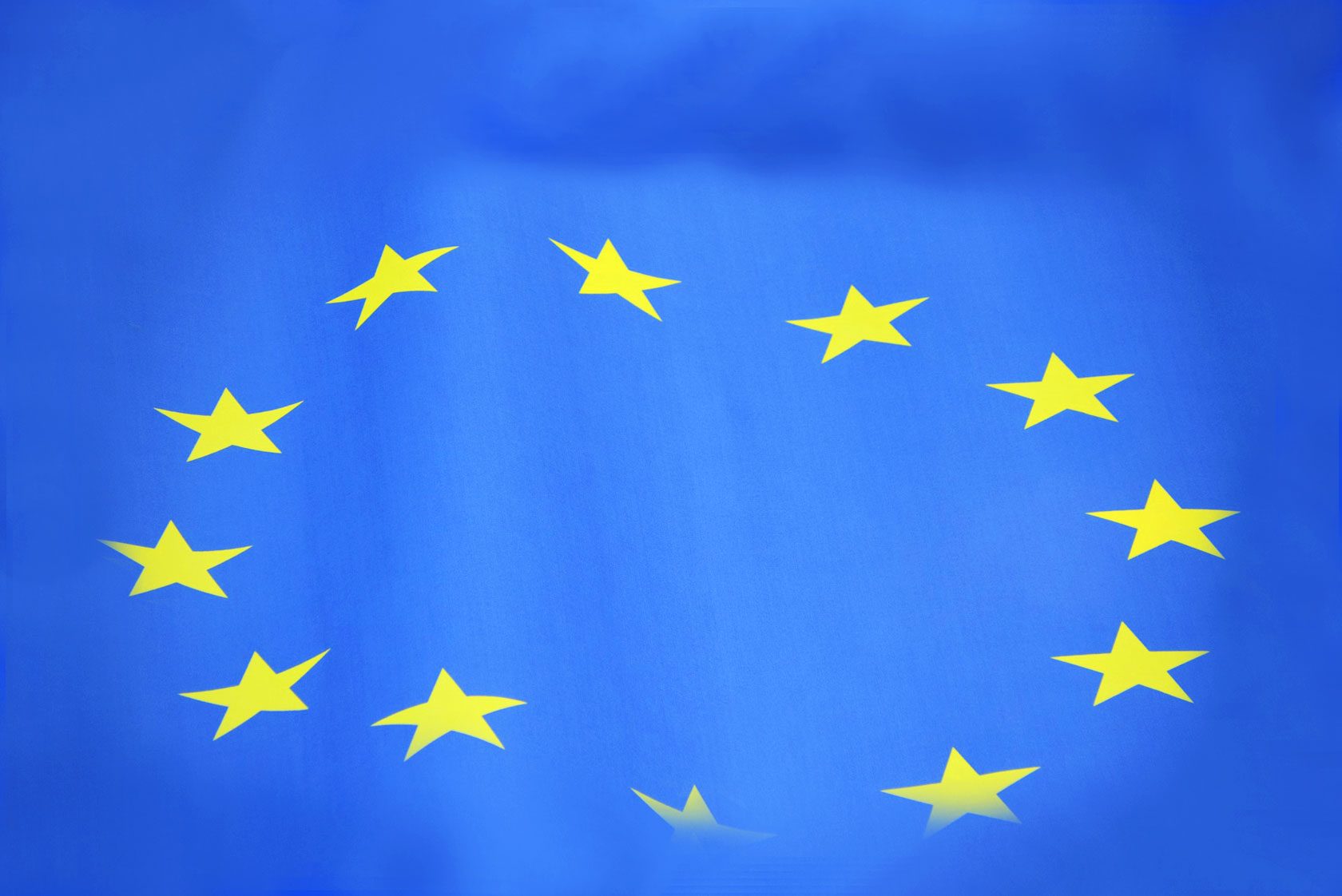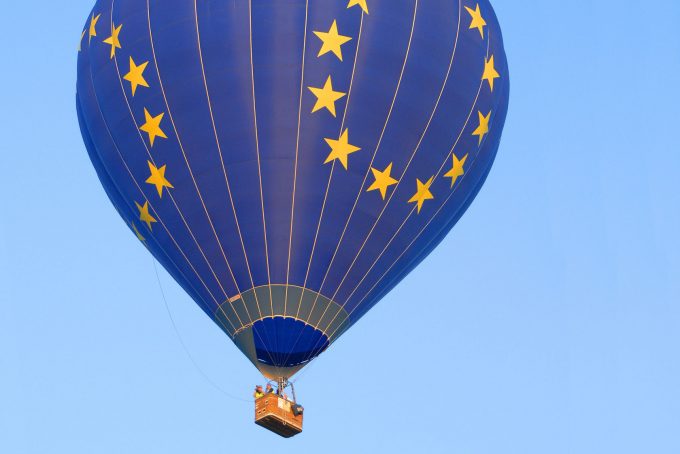
Keeping up the Momentum: Open Science on European Level
The Competitiveness Council of the European Union supported the European Commission’s Open Science initiatives, the European Commission nominated the members of the Open Science Policy Platform and Commissioner Moedas presented his book Open Innovation, Open Science, Open to the World – a Vision for Europe at the end of May. Will the Open Science momentum of the Netherlands EU Presidency continue?
The Netherlands EU Presidency and the European Commission used the meeting of the Competitiveness Council of the European Union on May 27, 2016, to set some potential corner stones for Open Science on European level.
Open Access and reuse of research data
The Council backs the European Commission’s position and calls for Open Access to become the default publication mode by 2020. On data reuse, the Council upheld the principle “as open as possible, as closed as necessary”, and welcomed the Commission’s decision to make research data produced by Horizon 2020 beneficiaries open by default (with appropriate exceptions), and to work on the implementation of data management plans and data stewardship. With regards to the technical support to data reuse, the Council singled out the importance of implementing the FAIR principles, and took note of the Commission’s proposal for a “European Open Science Cloud” (EOSC), calling for the Commission to further explore its possible governance and funding frameworks through the Open Science Policy Platform.
Open Science Policy Platform
At the Council meeting Commissioner Moedas named the 25 Members of the Open Science Policy Platform that will advise the European Commission on how to further develop and practically implement open science policy. In support of policy formulation, it will help identify the issues to be addressed and provide recommendations to the Commission on the policy actions required. The Commission was invited by the Council to report to Member States and stakeholders at least twice a year on the work undertaken by the OSPP.
The themes like Altmetrics, the European Open Science Cloud and the Open Science Policy Platform will reveal that the transition of opening science will be gradually but nevertheless leads to a systemic change of the whole research system.

Click here to go to the infographic
Open Innovation, Open Science, Open to the World – a Vision for Europe
Commissioner Moedas used the Council meeting to present his new book “Open Innovation, Open Science, Open to the World – a Vision for Europe” that outlines the priorities of the European Commission regarding research and innovation.
Open Science is seen as a systemic change to the way science and research have been carried out for the last fifty years: shifting from the standard practices of publishing research results in scientific publications towards sharing and using all available knowledge at an earlier stage in the research process.
It is outlined that Open Science is to science what Web 2.0 was to social and economic transactions: allowing end users to be producers of ideas, relations and services and in doing so enabling new working models, new social relationships and leading to a new modus operandi for science. Open Science is seen as important and disruptive a shift as e-commerce has been for retail. Just like e-commerce, it affects the whole “business cycle” of doing science and research – from the selection of research subjects, to the carrying out of research and to its use and re-use – as well as all the actors and actions involved up front (e.g. universities) or down the line (e.g. publishers).
Keeping up the momentum?
The joint efforts of the European Commission and the Netherlands EU Presidency have given Open Science a huge shift on European level. For example, the Amsterdam Open Science Conference organized by the Netherlands Ministry of Education, Culture and Science gave the OA2020 initiative a push that is backed by the Council’s Conclusions. The OA2020 initiative aims to induce the transformation of scholarly journals from subscription to open access publishing.
With the Open Science Policy Platform at hand the transition to Open Science might succeed. However, for the current Slovakian EU Presidency Open Science is no top priority and reading between the lines of the Council’s Conclusions unveils some discontent of the Member States as the Commission is asked to report to the Council more than once:
- The Commission was invited by the Council to report to Member States and stakeholders at least twice a year on the work undertaken by the Open Science Policy Platform.
- At “the transition towards an Open Science system”, the Council took note of the “Amsterdam Call for Action” and asked the standing Working Group on Open Science and Innovation set up by the European Research Area and Innovation Committee (ERAC, an advisory committee of EU Member States government representatives) to assess the proposals contained in the ‘Call for Action’ for feasibility, effectiveness and prioritisation.
Thus, in the near future it will be important to balance the erratic progress of Open Science in the different Member States. Otherwise the promising momentum might be lost.
→ Autoren: Dr. Willi Scholz, Prof. Klaus Tochtermann (ZBW – Leibniz-Informationszentrum Wirtschaft)
View Comments

Science 2.0 Research Project MOVING: Big Data Analyses for Non-Computer Scientists
Given the constraints of information overload and limited time resources, how can you...



